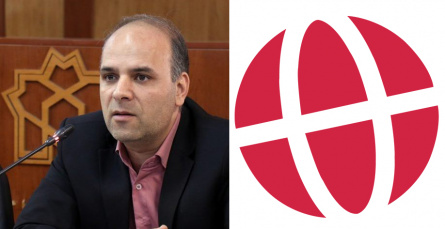
In the Jour Fixe lecture series, Ali Akbar Tajmazinani from the Allameh Tabataba'i University in Tehran presented the preliminary results of his current research focus: a typology of welfare systems in Muslim societies.
For this purpose, Tajmazinani collected data on states with a majority Muslim population: Data on socio-political input and output factors (including public expenditure on health, social protection and education; level of education; extent of universal health coverage; Human Development Index; distribution of wealth), GDP per capita, share of natural resources and remittances in GDP.
A cluster analysis revealed 7 groups of countries that differed in terms of welfare state inputs and outputs as well as social framework conditions. The most relevant factors for a high level of social welfare turned out to be the level of GDP per capita and social stability. Tajmazinani will further refine his typology.
Tajmazinani is an associate professor at the Allameh Tabataba'i University in Tehran and studies social policy in Muslim societies. He is spending a one-year sabbatical in Germany and cooperates with the SOCIUM and the CRC 1342, among others.













